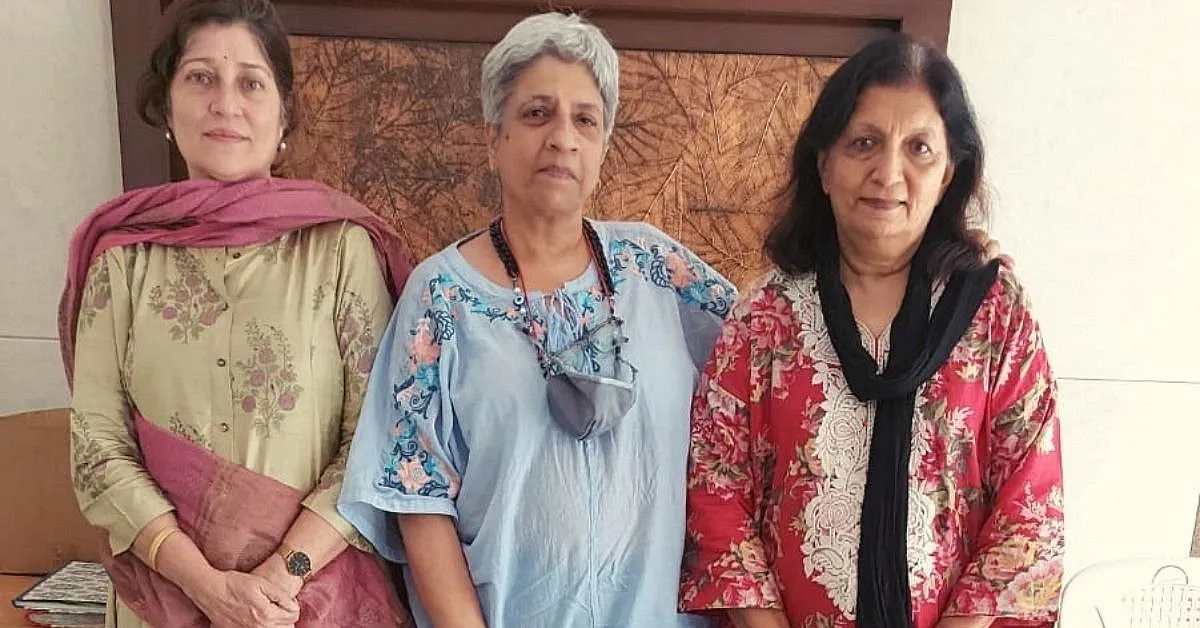How Three Friends Prevented 7.5 Lakh Plastic Milk Packets From Entering Landfills
Watch how Mumbai-based Kunti Oza, Hansu Pardiwala, and Chitra Hiremath launched The Milk Bag Project in 2019 to collect and recycle used plastic milk bags so they don’t pollute the earth.

A viral social media post inspired three women — Kunti Oza, Hansu Pardiwala, and Chitra Hiremath — to save 7.5 lakh plastic milk packets from going into landfills and polluting the planet.
The post detailed how even a small action like cutting the corners off of milk packets could contribute to massive amounts of pollution — these snipped off bits escape filters and reach the earth, entering the food chain and waterbodies.
Your simple act of cutting milk sachet can have detrimental effect on the solid waste management of your city.
For us it is an eye opener. Never thought it like that. Must read. @WeAreBangalore pic.twitter.com/YSJ0FsM8VA— www.urbanvoices.in (@urbanvoicesin) March 12, 2019
Inspired by this, the Mumbai-based friends started their initiative, the Milk Bag Project (MBP), in 2019. The idea was to collect empty plastic milk packets and recycle them.
Here, people are instructed to wash, dry, and save the milk packets instead of throwing them away. Then, at the end of each month, the trio collect the packets and send them ahead to a plastic recycler.
For the project, they worked with two recyclers, Dalmia Polypro and Shakti Plastics. Their biggest challenge was collecting enough bags, since such vendors only accepted a minimum of 80 to 100 kg of plastic bags. Till they’d collected the desired amount, the trio stored the packets in their homes.
Today, they’ve tied up with over 80 entities, including societies, restaurants, and local tea vendors, as sources of milk packets. They also get boxes of packets to be recycled from Bangalore, Delhi, and Thane.
At the recycling units, the vendors wash and dry the packets, and then cut them up into small pieces. Through a machine, the pieces are then processed into plastic granules, and used to make products like garbage bags, reusing the plastic instead of sending it to landfills.

Edited by Divya Sethu
If you found our stories insightful, informative, or even just enjoyable, we invite you to consider making a voluntary payment to support the work we do at The Better India. Your contribution helps us continue producing quality content that educates, inspires, and drives positive change.
Choose one of the payment options below for your contribution-
By paying for the stories you value, you directly contribute to sustaining our efforts focused on making a difference in the world. Together, let’s ensure that impactful stories continue to be told and shared, enriching lives and communities alike.
Thank you for your support. Here are some frequently asked questions you might find helpful to know why you are contributing?


This story made me
-
97
-
121
-
89
-
167













